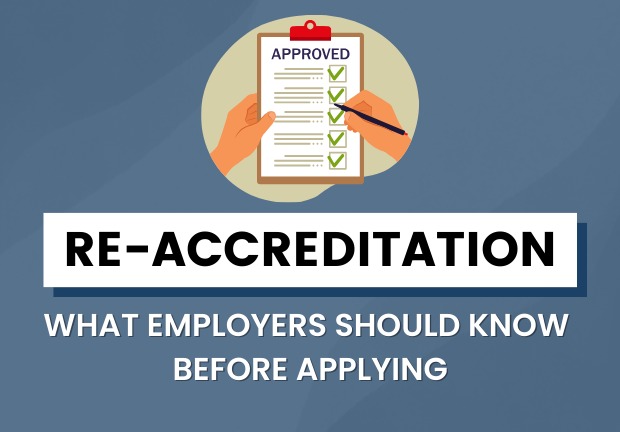Construction and Infrastructure employers: What to look out for
23 August 2024The Construction and Infrastructure sectors have consistently had the most work visas approved by INZ since the launch of the Accredited Employer Work Visa (AEWV) scheme in 2022. Although New Zealand has been going through challenging times, work continues, and so does the need to source skilled workers.
As of 10 August 2024, almost 125,000 AEWVs have been approved. Of these, 40,933 AEWVs have been issued for the construction industry. If we consider specific roles, 11,369 works visas have been approved for Builder's Labourer and 4,372 AEWVs for Carpenters have been issued. (Source: INZ). It is a clear indication that the Construction and Infrastructure sectors have been steadily hiring migrants to meet their workforce needs.

If your business falls within these industries and gained its accreditation to hire skilled migrants, you may be facing certain concerns related to immigration. Many of these, if not addressed competently, can impact your business’s ability to get re-accredited.
Some of them are beyond your control. Immigration regulations related to employment are complex, which could lead to unintentional oversight from employers. This is not a situation you want to be in, as it will hinder your prospects of hiring international talent. Let's look at some of these areas and how you can tackle them.
Post-accreditation obligations
It is important for you, as an employer, to pay attention to your obligations and assess whether you have adhered to the declarations and promises made in the initial accreditation application. These obligations include providing newly hired AEWV migrants with settlement support, giving them paid time to complete Employment New Zealand’s online modules, and ensuring key staff members complete online employer modules.
Further details around this are also presently being requested at the Job Check stage. Current Job Check verification activities include interviews with applicants and employers, increased requests for bank statements, proof of settlement support provided by employers, organisation charts, and why New Zealanders were declined, to name a few.
Failure to comply with INZ’s post-accreditation guidelines can have some serious consequences for your business, like stand-down periods or even permanent bans.
Migrant exploitation
Cases of migrant exploitation in New Zealand have been coming to light regularly. The Worker Protection Act 2023 specifically targets this growing issue. Under this Act, infringement notices can be issued to businesses for employing people in breach of visa conditions, employing individuals unlawfully in New Zealand, or failing to comply with a 10-day information request. Penalties include fines, loss of accreditation, being banned from supporting further migrant work visas, and potential criminal charges.
To steer clear of being in violation of this Act, your business should be mindful of its migrant hiring practices. You should only hire individuals with valid visas, in accordance with visa conditions, and provide them with the necessary documents as part of post-decision checks under the Accredited Employer scheme.
Third-party staffing agencies
If your business uses the services of third parties to source migrant staff, you may not be aware of their hiring practices. There have been many reports of hiring agencies fraudulently charging migrants a fee for placements, which constitutes migrant exploitation. Hence, it is recommended that you do your due diligence before recruiting migrants through third parties.
Exploitation allegations and false complaints
INZ grants migrants a special Migrant Exploitation Protection Work Visa if an investigation proves that their employers exploited them. This could incentivise migrants to make false exploitation allegations against their employers.
To safeguard your business against such unfounded claims, it is advisable to maintain clear and transparent records related to migrant recruitment. This includes all the documentation required as part of your business’s post-accreditation obligations.
Staying ahead of potential breaches is essential for employers in Construction & Infrastructure, especially if you are seeking re-accreditation to support your migrant workers. By adhering to best practices, maintaining constant vigilance, and keeping detailed records, you can ensure a compliant immigration journey for you and your migrant employees.
Our experienced team is always available to guide your business through the various immigration processes, ensuring you can continue to attract and retain migrant talent. Contact us to talk further.



